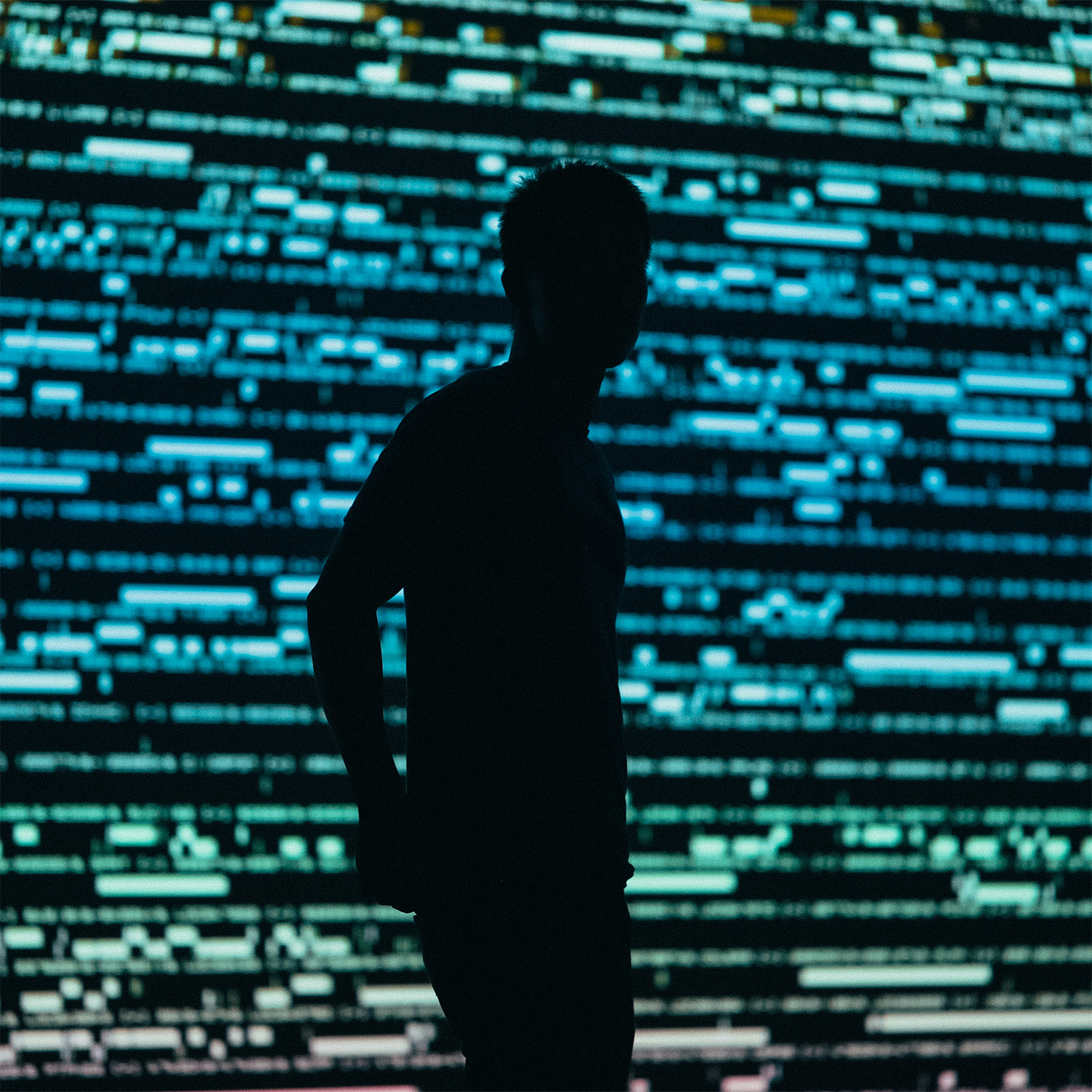
Deep Dive
Why did Susannah Breslin become a sex journalist, and how did her childhood experience in a psychological study influence her career choice?
Susannah Breslin became a sex journalist partly because the study she was part of as a child was heavily voyeuristic, involving being observed and studied. This experience may have influenced her interest in journalism, particularly in the sex entertainment industry, which is also heavily voyeuristic.
Why did Susannah Breslin decide to write a book about her experience in the psychological study?
Susannah Breslin decided to write a book about her experience in the study after a series of life-changing events, including her marriage and a breast cancer diagnosis. These events made her reflect on her life and wonder what the study had predicted for her future.
Why does Lowry Pressly argue that privacy is not just about controlling information but about choosing how much of it we generate in the first place?
Lowry Pressly argues that privacy is not just about controlling information but about choosing how much of it we generate because privacy is about protecting a kind of unknowing where we don't know what we don't know. This form of privacy, which he calls 'oblivion,' is different from secrecy and allows for a deeper sense of personal and societal flourishing.
Why does Carl Öhman believe that the data of the dead is related to the privacy of the living?
Carl Öhman believes that the data of the dead is related to the privacy of the living because the data can be used to draw inferences about living relatives and descendants. This data can also be used to manipulate or influence them, making it a significant privacy concern.
What are the potential problems if companies own and control the data of the deceased?
If companies own and control the data of the deceased, potential problems include the risk of hacking by proxy from deceased relatives and the monopolization of our collective digital past. This can affect how history is written and who has access to important historical data, such as the testimonies from the Me Too movement.
How might the creation of lifelike simulations of deceased loved ones impact grieving processes?
The creation of lifelike simulations of deceased loved ones can impact grieving processes in various ways. Some people might find it comforting and a way to maintain a connection, while others might see it as a hindrance to achieving closure. It raises questions about whether such practices are healthy or if they prolong the grieving process.
Shownotes Transcript
Every click on your computer, every swipe on your smartphone, leaves a data trail. Information about who you are, what you do, who you love, the state of your mind and body… so much data about you, expanding day by day in the digital clouds. The question is—do you care? Would owning your data, or having more digital privacy, make life better? And what happens to all that data when you die?
Original Air Date: November 22, 2024
**Interviews In This Hour: **A former child test subject seeks the data that shaped her life) — In an age of surveillance, do you still care about your privacy?) — When you die, what will happen to your data?)
**Guests: **Susannah Breslin), Lowry Pressly), Carl Öhman)
Never want to miss an episode? Subscribe to the podcast.)*Want to hear more from us, including extended interviews and favorites from the archive? *Subscribe to our newsletter.)